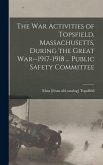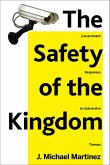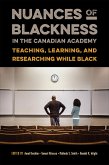For much of the twentieth and twenty-first centuries, public officials in cities like New York, Chicago, and Baltimore have criminalized uprisings as portending Black "thugs" throwing rocks at police and plundering private property to undermine complaints of police violence. Liberal mayors like Fiorello H. La Guardia have often been the deftest practitioners of this strategy. As the Depression and wartime conditions spurred youth crime, white New Yorkers' anxieties-about crime, the movement of Black people into white neighborhoods, and headlines featuring Black "hoodlums" emblazoned all over the white media-drove their support for the expansion of police patrols in the city, especially in Harlem and Bedford-Stuyvesant. Though Blacks also called for police protection and for La Guardia to provide equitable municipal resources, they primarily received more punishment. This set the stage for the Harlem uprising of 1943. Shannon King uncovers how Black activism for safety was a struggle against police brutality and crime, highlighting how the police withholding protection operated as a form of police violence and an abridgement of their civil rights. By decentering familiar narratives of riots, King places Black activism against harm at the center of the Black freedom struggle, revealing how Black neighborhoods became occupied territories in La Guardia's New York.
Hinweis: Dieser Artikel kann nur an eine deutsche Lieferadresse ausgeliefert werden.
Hinweis: Dieser Artikel kann nur an eine deutsche Lieferadresse ausgeliefert werden.

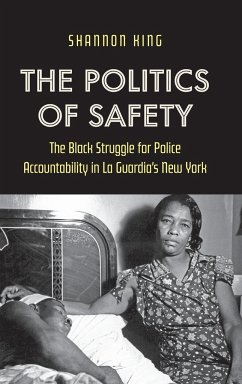
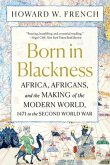
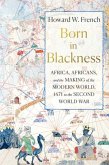
![Minutes of the Provincial Congress and the Council of Safety of the State of New Jersey [1775-1776] Minutes of the Provincial Congress and the Council of Safety of the State of New Jersey [1775-1776]](https://bilder.buecher.de/produkte/66/66808/66808728m.jpg)
